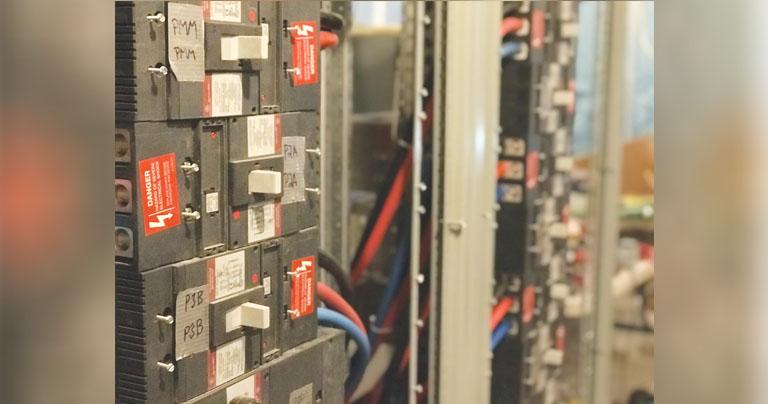Demand for switchgears will be fuelled by renewable energy
December 29, 2021 11:12 am
December 29, 2021 11:12 am

The environmental condition is a crucial factor that has to be considered before installing electrical devices, which include switchgear.
The ongoing COVID-19 pandemic has impacted the switchgear industry globally. Due to the current scenario, various companies in the power sector across regions have to shut down their manufacturing facilities and services as countries practiced partial or full lockdown strategy to deal with the pandemic. The companies across the region have also suspended or delayed thee major power projects. Furthermore, the COVID-19 pandemic has also impacted the ongoing projects and the entire supply chain of the power industry
As per the analysis report published by ‘Markets and Markets’, the global switchgear market is projected to reach USD 88.5 billion by 2025 from an estimated USD 67.5 billion in 2020, at a post-COVID-19 CAGR of 5.5 percent during the forecast period. Replacement of aging power infrastructure, along with growing investments in renewable energy, is expected to drive the switchgear market.
Driver: Aging power infrastructure
Growing energy demand has resulted in the need for a stable and reliable T&D network. According to the DOE and the North American Electric Reliability Corp., uninterrupted power can only be ensured through a system capable of handling sudden power spikes and drops. The US endures more blackouts than any other developed nation, as the power outages last more than an hour and have increased steadily in the past few years, costing the American businesses about USD 150 billion per year. The main reasons behind the increasing number of blackouts are aging infrastructure, lack of investments, and lack of clear policy to modernize the grid. New regulations to reduce/limit the power blackouts and upgrade the aging power networks across the globe (particularly North America, Europe, and parts of APAC) are creating a market for the entire power sector equipment value chain. Switchgear, with the help of monitoring solutions, alerts the maintenance team when aging and over-used equipment are on the verge of failure and enables them to make smarter decisions by providing real-time data to reveal problems and improvement opportunities.
Restraints: Harsh environmental conditions
The environmental parameters such as temperature and humidity, as well as water seepage out of the ground, are some factors that can affect the efficiency of switchgear electrical networks, especially which are installed outdoor. To ensure the reliable and proper functioning of switchgear within the substation environment, the equipment must meet or exceed the rigorous specifications. Therefore, the environmental condition is a crucial factor that has to be considered before installing electrical devices, which include switchgear.
Opportunities: Execution of performance-based incentive schemes and definite service programs to provide continuous and hassle-free electricity to the end-users
Several government bodies have added a reliability component to performance-based revenue regulations. These regulations have a financial incentive structure that may be one-sided, where distributors may face a penalty for not meeting the standards or two-sided, where distributors can also receive a bonus for their extra work and contribution. Such incentive schemes, above and beyond the tracking of performance against standards, provide regulators with direct control to improve reliability standards. These schemes would drive the use of switchgear to provide continuous and hassle-free services to the end-users.
Challenges: High cost of switchgear
Switchgears isolate electric circuits from the power supply to enable a safe execution of maintenance activities or to clear faults. Energy consumers use switchgear to protect electrical equipment from irregular surges. Because of all these features, the cost of the switchgear is high. A switchgear assembly has two types of components—power-conducting components, such as switches, circuit breakers, fuses, and lightning arrestors, that conduct or interrupt the flow of electrical power and control systems, such as control panels, current transformers, potential transformers, protective relays, and associated circuitry that monitor, control, and protect the power conducting components. These components make a complete switchgear solution that is complex and expensive. The capital-intensive nature of switchgear could act as a restraint for the growth of its market.
We use cookies to personalize your experience. By continuing to visit this website you agree to our Terms & Conditions, Privacy Policy and Cookie Policy.